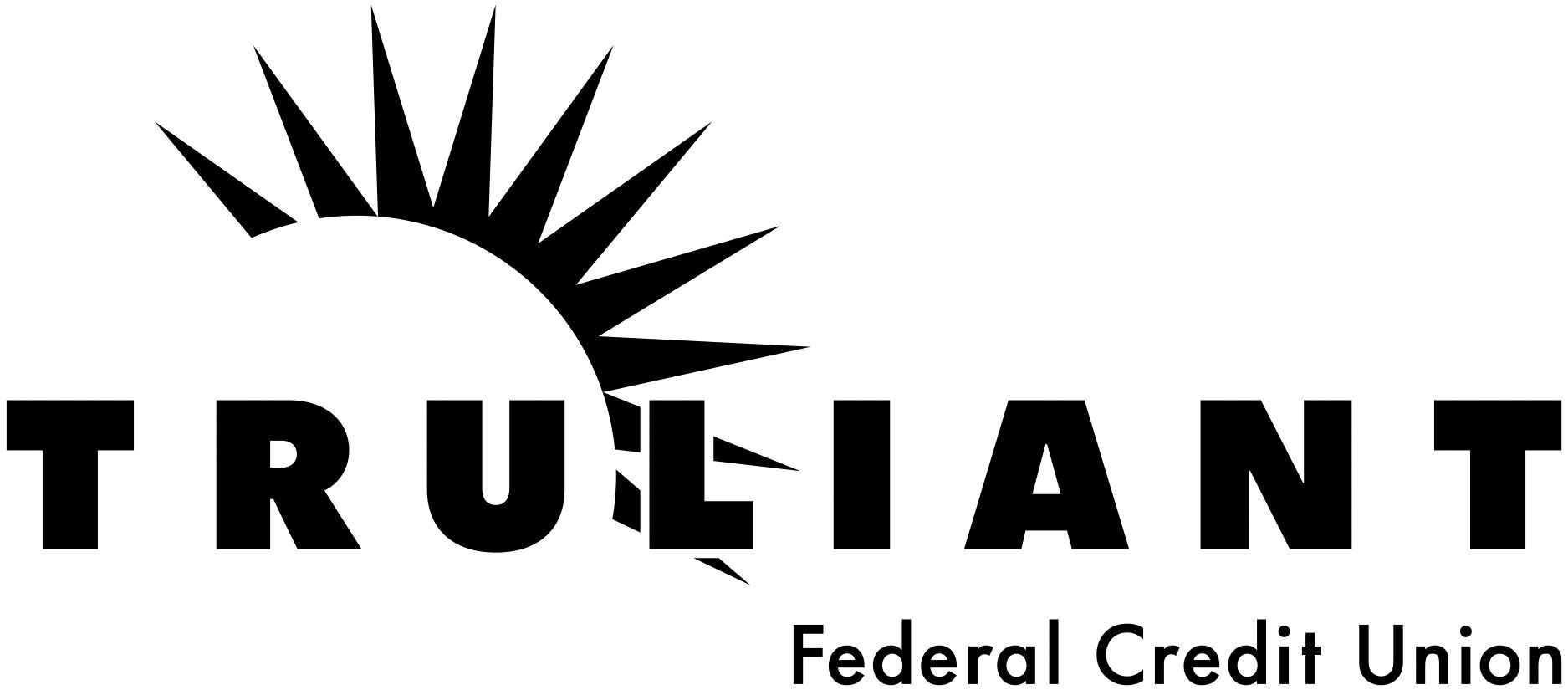What a First Time Home Buyer Needs to Know

Buying your first home can be exhilarating.
But it can also be a bit confusing.In addition to having a great real estate agent and lending professional in your corner, here are some things to consider before becoming a homeowner for the first time.
Get a Feel for Housing Prices
Obviously a larger house with more features will cost more than a modest home in another neighborhood, but there are other factors to consider when setting a budget. Interest rates on a first time home loan, school assignments, crime rates, even access to major highways and convenience can affect the price. As you start your search, you’ll often find more house for less money in outlying areas that lack convenience and access. Good schools can inflate the cost of a modest home and being right next to an airport may decrease the cost of a more feature-packed property.
In addition to considering costs in specific neighborhoods, dig deeper and assess why the prices are what they are. If children and schools are not a consideration currently, you’ll enjoy more options regarding neighborhoods. If you don’t mind city noise, a downtown dwelling may be perfect.
If you’re not sure how to prioritize, or weighing options becomes overwhelming, your REALTOR® or mortgage loan officer can be a great asset in helping you narrow down your criteria.
Look but Don’t Leap
For many buyers, they already know what neighborhood they want to live in. Others shop with features in mind and the neighborhood is secondary. It’s important to shop around to get a sense of where to draw that line, what features you may be able to live without and potential neighborhoods outside of your targeted area that allows you to get more house for the money. Or, you may find the perfect home in your dream neighborhood. Typically, though, you’ll have to make some concessions from your original wish list and often you’ll find that they’re not concessions at all!
Start by making a list of all of the features you want in a home. Nothing is off the table – bedrooms, bathrooms, yard size, features, accessibility, and location – everything that you think you’re looking for. Now, write out the list again in order of preference. This is hard to do and you don’t have to set hard and fast parameters, it’s just a guide. And, frankly, as you start your search your list will change drastically. It also helps to make sure your wants are realistic when compared to your budget.
Next, start looking, and do not fall in love with the first house you see. The old adage is that it’s like marrying after a first date. Look at as many homes as you can and really compare three to five before making an offer.
There are More Financing Options than you Think
When most people think of buying their first home, they think of borrowing money from a traditional lender and potentially saving for years to secure a 20% down payment. The truth of the matter, however, is that some financial institutions, like Truliant, have mortgages for first time buyers, where you can often put less money down.
Additionally, there are many different types of loan options. From fixed-rate mortgages to adjustable-rate options, low-down or no-down payment options – there are plenty of options. And there is so much advice out there around all of these options. If you have a conversation with five people about their home-buying experience, you’re almost guaranteed to get at least one that says adjustable-rate mortgages are no good and another who swears by them. There are pros and cons to both fixed- and adjustable-rate mortgages, and instances where one is better than the other - your loan officer will work with you to secure the best loan for you based on your needs. Make sure to ask a lot of questions!
Get Pre-Qualified
By now, you should have a pretty good understanding of your financial picture and what type of house you’re looking for and where. Use our online calculator to figure out a ballpark for payments – you can tweak the price, the down payment, the rate and loan type to see what might work best for you. The next step is to reach out to a loan officer to get pre-qualified. Instead of estimated figures the calculator provides – which are very helpful as you begin the process – getting pre-qualified offers real figures and the backing you need to move forward with an offer. Ask about any first time home owner loans that you may qualify for.
If you are in a hot market, sellers could receive multiple offers on their property. Getting pre-qualified gives you the bargaining power you need to be competitive and timely with your offer.
20% Down is Not Necessary
Many first time home buyers don’t know that they don’t need 20% down to buy a house. As mentioned above, there are several financing options where a much smaller down payment is all that’s required to secure a loan. In some cases, you may not need to put anything down.
It will certainly save you in interest over the life of your mortgage if you can make a large down payment, but it’s not mandatory in many cases. The best down payment strategy for you will depend on your annual income, your other assets and your overall financial situation. Additionally, it’s important to know that most loans require private mortgage insurance, or PMI, paid monthly until you have 20% equity in your home. Make sure to consider this when calculating your monthly costs.
What You Can Afford Vs. What You Want to Pay
When you get preapproved for a mortgage, it may not be for a particular property. You will submit your application and get a figure in return that the financial institution feels comfortable lending. This does not mean that you have to spend this much for a home. While there are many factors that will ultimately drive your purchase, it may be worth considering asking yourself what you’d be comfortable paying and then building your budget from there.
Don’t Fear Negotiating
Negotiating can be very intimidating for a first time home buyer – or anyone, for that matter. Know that when you submit an offer and the negotiating process begins, you will not typically be the one negotiating. Your REALTOR® will be your point of communication and a good one will guide you through the process. They will look at comps and know where to take dollars due to condition and help you get to a dollar amount that’s fair for both parties. While a REALTOR® will ultimately serve your wishes, a valuable one will offer insight that will benefit you during this process.
Truliant’s Mortgage Loan Officers can help you with all of your first time home buying needs. Contact us to learn more about your loan options, to get preapproved or to compare rates, or just to ask as many questions as you need.







